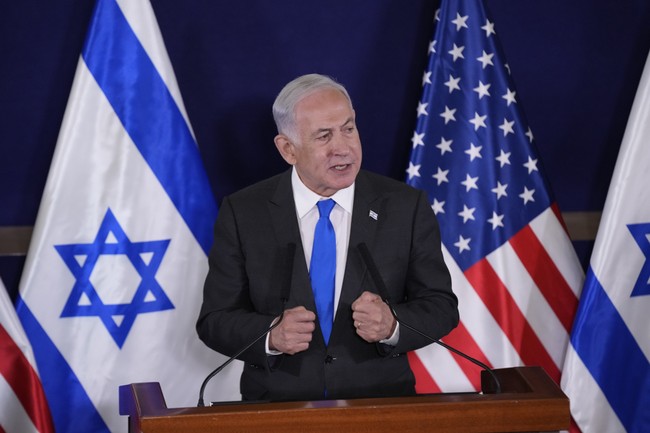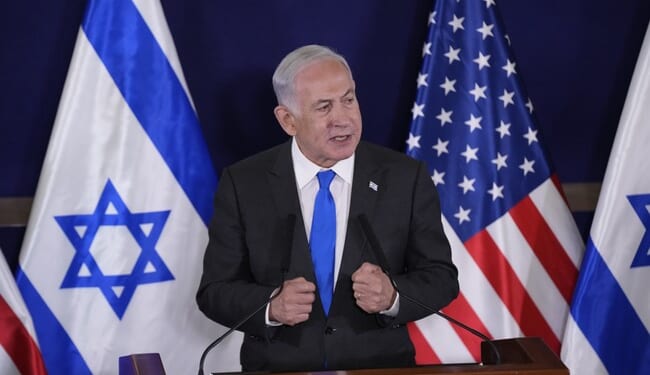
Under enormous pressure from the families of hostages, the Israeli government has proposed a “pause” in hostilities for up to two months to facilitate a phased release of the approximately 130 remaining hostages held by Hamas.
Mediators from Qatar and Egypt working on the “pause” (Israel refuses to call it a “cease-fire”) have been laboring for more than a week to get Hamas to agree to the deal.
The proposal was made after the war cabinet approved the plan’s outline ten days ago, according to sources close to the Israeli government. The new proposal for a hostage deal is “different from past aspects of deals rejected by Hamas and more forward-leaning than previous Israeli proposals,” according to Axios.
Israeli officials said they are waiting for a response from Hamas but stressed they are cautiously optimistic about the ability to make progress in the coming days.
According to the proposal, the deal would include the release of all remaining hostages who are alive and the return of the bodies of dead hostages in several phases.
The first phase would see the release of women, men over the age of 60 years old and hostages who are in critical medical condition, the officials said.
The next phases would include the release of female soldiers, men under the age of 60 years old who are not soldiers, Israeli male soldiers and the bodies of hostages.
Can Israel really start the war back up after a two-month pause? Prime Minister Netanyahu would be under enormous pressure to cut a deal with Hamas, both domestically and from allies overseas. However, Netanyahu has shown himself to be resistant to pressure from anyone who would attempt to deter him from achieving his goal of destroying Hamas.
A poll published Sunday in Israel shows that Netnyahu’s popularity has crashed and that Minister Benny Gantz’s National Unity would be positioned to form a government if elections were held today, ousting Netanyahu from power.
The survey found that Gantz’s National Unity would be the largest party in the Knesset with 37 seats, up from its current 12. It gave the Likud party under the leadership of Netanyahu 16 seats, half its current 32, while the third biggest party in the Knesset would be Yair Lapid’s Yesh Atid, with 14 seats, down from its current 24.
According to the poll (current number of seats in parentheses), Shas (11) and Yisrael Beytenu (6) would each get 9 seats, Itamar Ben Gvir’s far-right Otzma Yehudit (7) would get 8, United Torah Judaism would stay stable at 7, Religious Zionism (4) would get 6, Hadash-Taal and Ra’am would stay stable at 5 each, and Meretz (0) would just pass the electoral threshold to get 4 seats.
The Arab Balad party and the center-left Labor party would fall below the threshold to enter the Knesset.
The same poll found that 46% of Israeli voters opposed the proposed pause-for-hostages deal.
This is a repudiation of Netanyahu’s leadership, not a statement against the war. Fifty-three percent of those polled believe that the prime minister is “primarily motivated by personal interest,” and only 33% said he is acting for the “good of the country.”
That attitude reflects the suspicion that Netanyahu’s legal troubles are tangled up with the way he is prosecuting the war. Netanyahu has been on trial since 2020 on charges of fraud, breach of trust, and bribery. This is largely a media-fed theory that isn’t borne out by the facts. There’s no indication that Netanyahu isn’t prosecuting the war any less vigorously or differently than he would without the legal cloud hanging over him.

